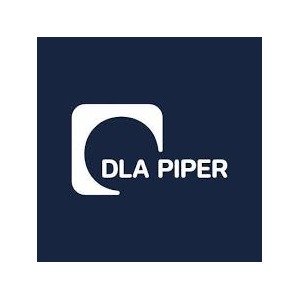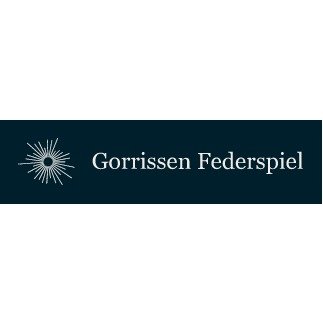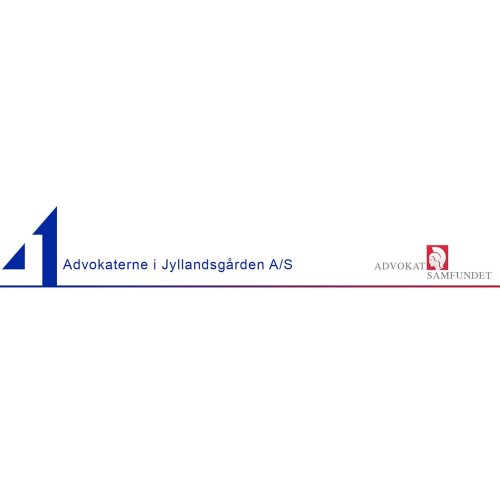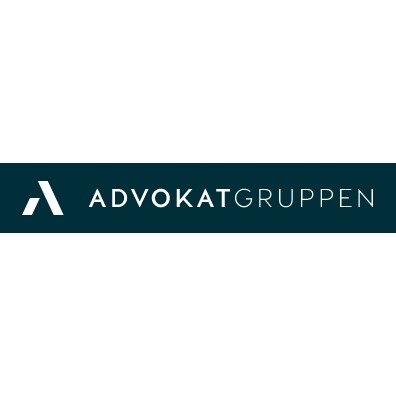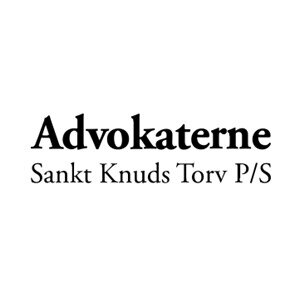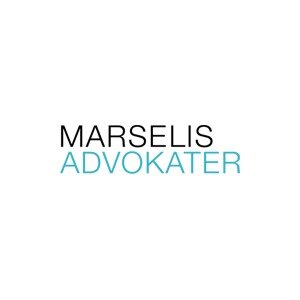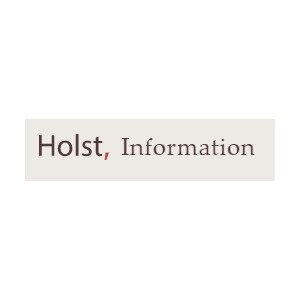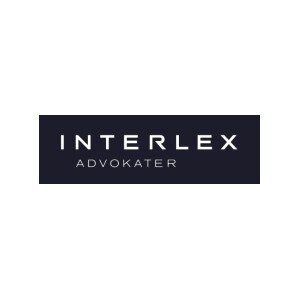Best Renewable & Alternative Energy Lawyers in Aarhus C
Share your needs with us, get contacted by law firms.
Free. Takes 2 min.
List of the best lawyers in Aarhus C, Denmark
About Renewable & Alternative Energy Law in Aarhus C, Denmark
Aarhus C, situated in the heart of Aarhus city, is actively engaged in Denmark's nationwide commitment to promoting renewable and alternative energy. The Danish government has set ambitious targets for 70 percent reduction in greenhouse gas emissions by 2030, and Aarhus plays a prominent role in achieving these goals. This area is known for supporting wind, solar, and bioenergy projects, as well as energy efficiency initiatives. Local laws often reflect Denmark's progressive environmental stance, providing a robust framework for both private citizens and businesses interested in renewable and alternative energy solutions.
Why You May Need a Lawyer
Legal advice is often needed when navigating the complex landscape of renewable and alternative energy in Aarhus C. Common situations include:
- Understanding zoning and land use regulations for solar panels or wind turbines.
- Negotiating contracts for energy purchase agreements or community energy projects.
- Securing permits for construction or operation of renewable energy facilities.
- Responding to regulatory investigations or compliance questions.
- Resolving disputes related to intellectual property, such as new energy technologies.
- Accessing grants, subsidies, or government incentive programs.
- Protecting your rights when integrating renewable energy into residential or commercial properties.
- Reviewing cross-border transaction issues for Danish and EU laws.
Local Laws Overview
Aarhus C is subject to both national Danish laws and specific municipal policies that encourage renewable energy development. Some key aspects include:
- Planning and Zoning: Local laws regulate where and how renewable energy installations like solar panels and wind turbines can be developed.
- Permit Requirements: Construction and operational permits are required for most renewable energy projects, often with environmental impact assessments or public consultation.
- Grid Connection: Denmark ensures fair access to the electricity grid for renewable energy producers, but technical and safety standards must be met.
- Subsidies and Incentives: Several financial support schemes are available for both individuals and businesses investing in green technologies.
- EU Directives: As a member of the European Union, Denmark implements EU directives concerning sustainability and renewable energy integration.
- Environmental Protection: All projects must comply with nationwide environmental laws, which sometimes impose special requirements in urban areas like Aarhus C.
- Community Involvement: Certain laws provide for local community ownership or consultation on renewable energy projects, especially wind farms.
Frequently Asked Questions
What types of renewable energy are most common in Aarhus C?
The most common forms include wind energy, solar panels (photovoltaic systems), and district heating based on biomass or geothermal sources.
Do I need a permit to install solar panels on my home?
Most solar panel installations on private homes require notification to local authorities, and in some cases, permits, especially for larger systems or buildings with special or historic status.
How can I sell excess electricity from my renewable installation?
You need to connect to the electricity grid and may enter into an agreement with your energy supplier or use an aggregator. Rules about compensation and metering apply.
Are there government grants for installing renewable energy in Aarhus C?
Yes, Denmark provides various support schemes for renewable energy investments, often administered through national agencies or local programs.
What are the rules for building a small wind turbine?
Regulations address turbine height, distance from neighboring properties, noise limits, and local zoning. Permits and environmental impact assessments are frequently required.
Can businesses in Aarhus C benefit from renewable energy incentives?
Businesses can access subsidies, tax incentives, and favorable financing schemes for renewable energy projects. The eligibility and application process depend on the project type and size.
Are there restrictions on where I can build a renewable energy facility?
Yes, factors such as land use plans, urban development zones, and environmental protection areas influence where facilities can be located.
How do Danish and EU laws interact in renewable energy matters?
Danish law implements most EU directives on renewable energy, so compliance with Danish regulations usually ensures compliance with EU rules, but cross-border projects may have additional requirements.
What should I do if my neighbor contests my renewable energy installation?
Disputes are best resolved through dialogue, but legal advice may be necessary if objections lead to formal complaints or litigation.
Where can I get legal support for innovative energy technologies?
Specialized lawyers can help with intellectual property protection, licensing, and regulatory compliance for new technologies in renewable and alternative energy.
Additional Resources
Several organizations and governmental bodies can provide information and support regarding renewable and alternative energy law in Aarhus C, Denmark:
- Danish Energy Agency (Energistyrelsen): National authority for energy policy, regulation, and support programs.
- Aarhus Municipality (Aarhus Kommune): Local authority handling permits, zoning, and community energy initiatives within Aarhus C.
- Danish Board of Technology Foundation: Provides insights on the societal impact of new energy technologies.
- Energy companies and grid operators: Offer advice on technical standards, metering, and grid connection.
- Relevant national and regional trade associations: Such as Dansk Solcelleforening (Danish Solar Cell Association) and Wind Denmark.
Next Steps
If you require legal assistance in renewable and alternative energy in Aarhus C:
- Identify your specific legal needs, such as planning, contractual, regulatory, or dispute-related issues.
- Collect all relevant documentation, such as project plans, contracts, or government correspondence.
- Contact a qualified legal specialist with experience in Danish energy law and local Aarhus regulations.
- Consult available resources from governmental bodies for guidance before and during the legal process.
- Remain proactive in communication with authorities and any involved stakeholders to streamline approvals or resolve disputes effectively.
Seeking early legal advice increases the chances of a smooth and compliant renewable energy project, helps you avoid costly delays, and ensures your rights and obligations are fully understood under Danish and local law.
Lawzana helps you find the best lawyers and law firms in Aarhus C through a curated and pre-screened list of qualified legal professionals. Our platform offers rankings and detailed profiles of attorneys and law firms, allowing you to compare based on practice areas, including Renewable & Alternative Energy, experience, and client feedback.
Each profile includes a description of the firm's areas of practice, client reviews, team members and partners, year of establishment, spoken languages, office locations, contact information, social media presence, and any published articles or resources. Most firms on our platform speak English and are experienced in both local and international legal matters.
Get a quote from top-rated law firms in Aarhus C, Denmark — quickly, securely, and without unnecessary hassle.
Disclaimer:
The information provided on this page is for general informational purposes only and does not constitute legal advice. While we strive to ensure the accuracy and relevance of the content, legal information may change over time, and interpretations of the law can vary. You should always consult with a qualified legal professional for advice specific to your situation.
We disclaim all liability for actions taken or not taken based on the content of this page. If you believe any information is incorrect or outdated, please contact us, and we will review and update it where appropriate.



